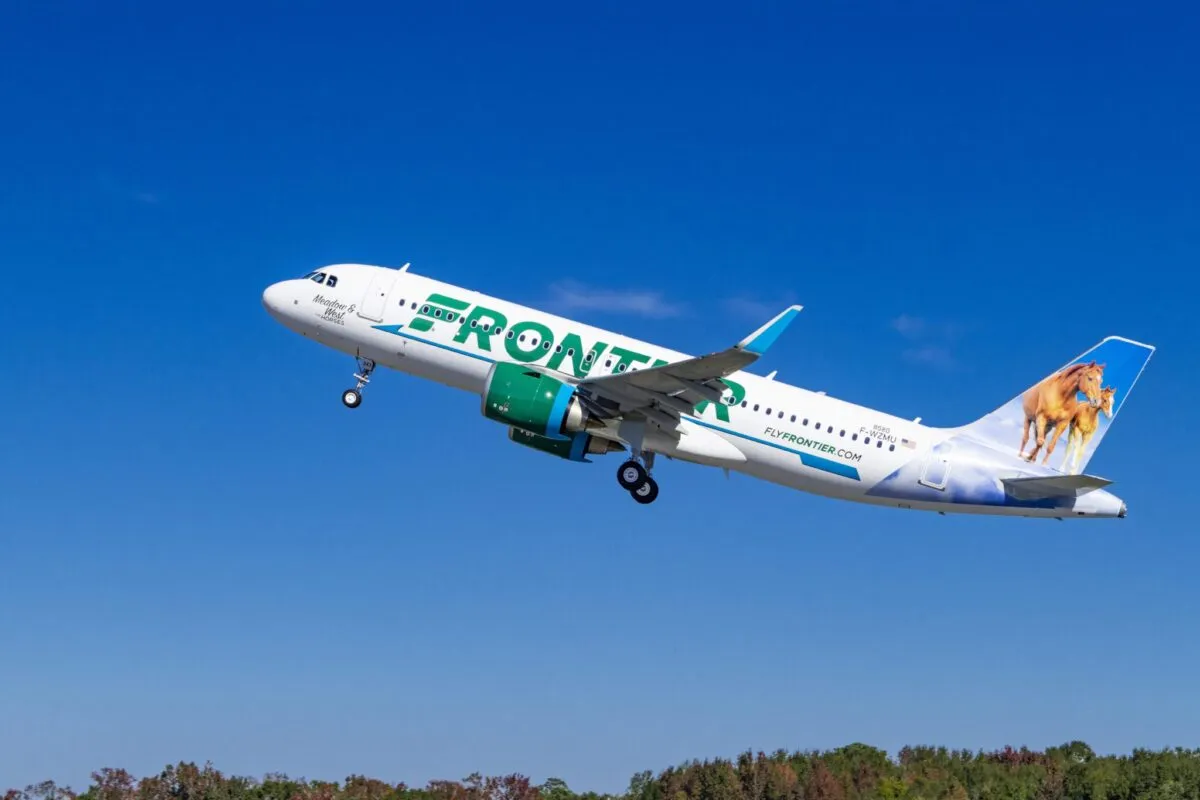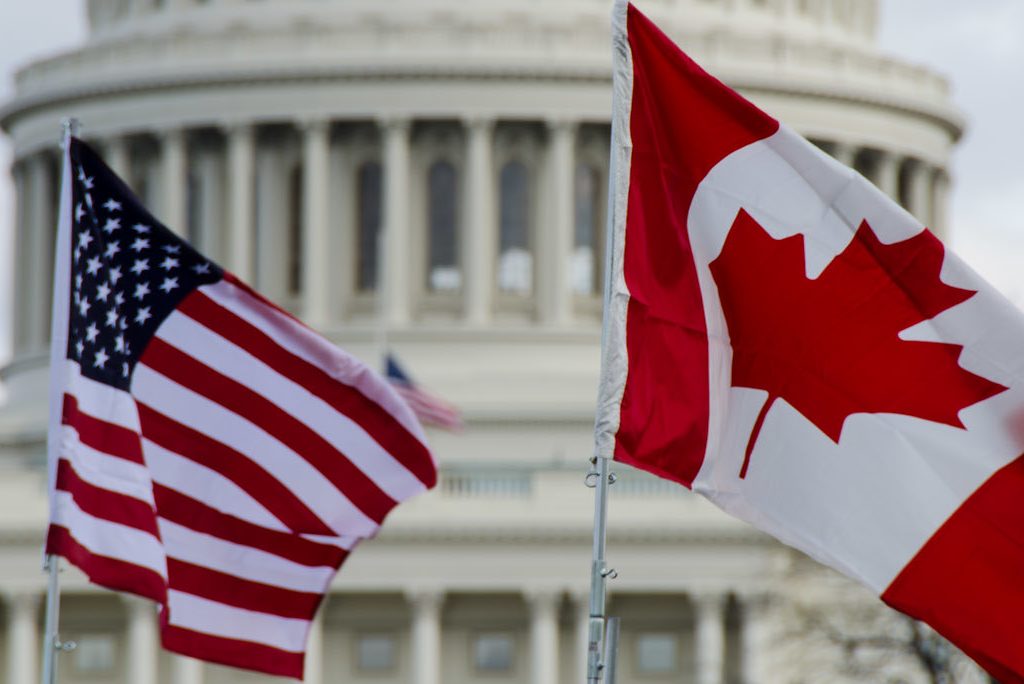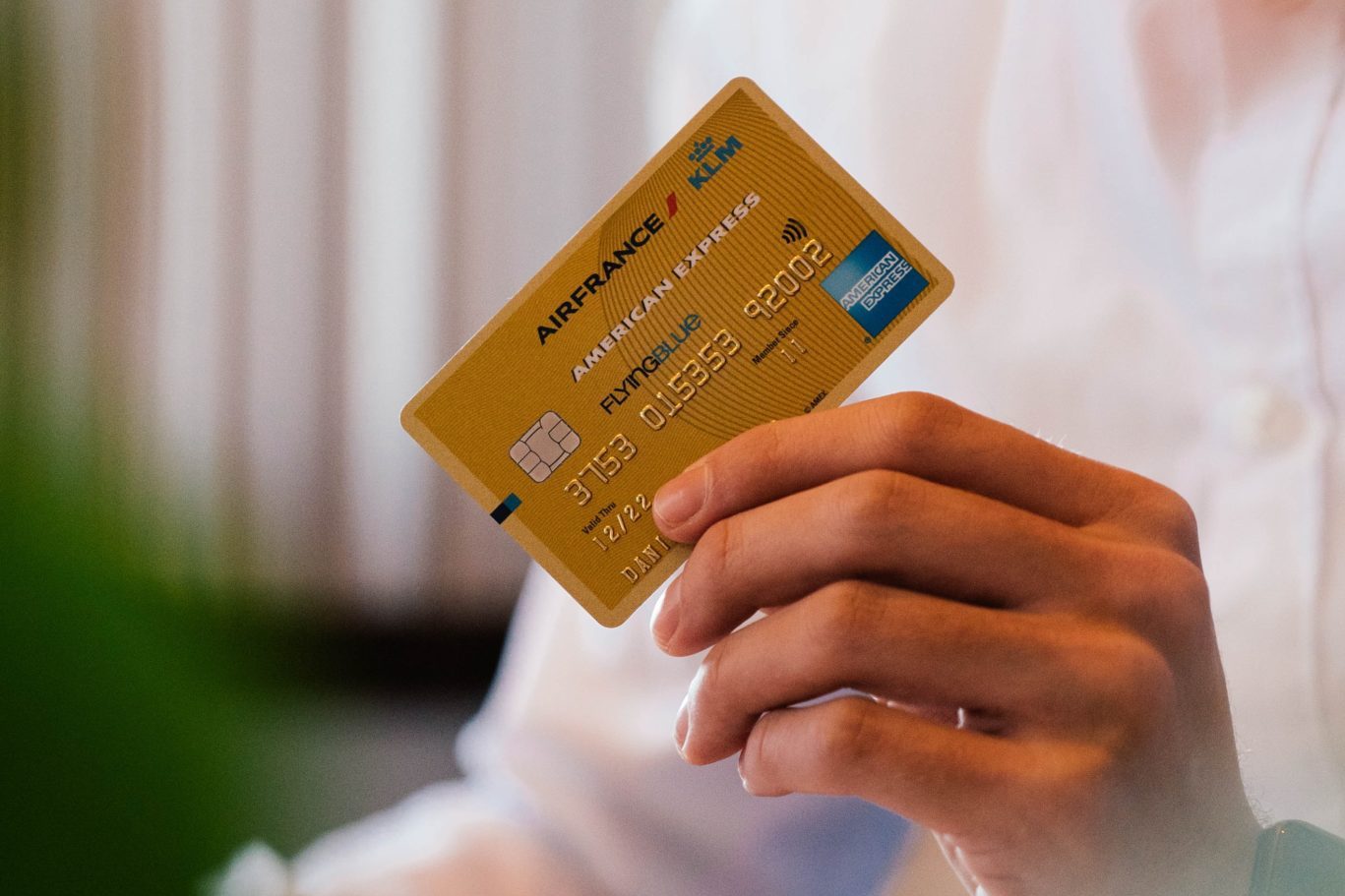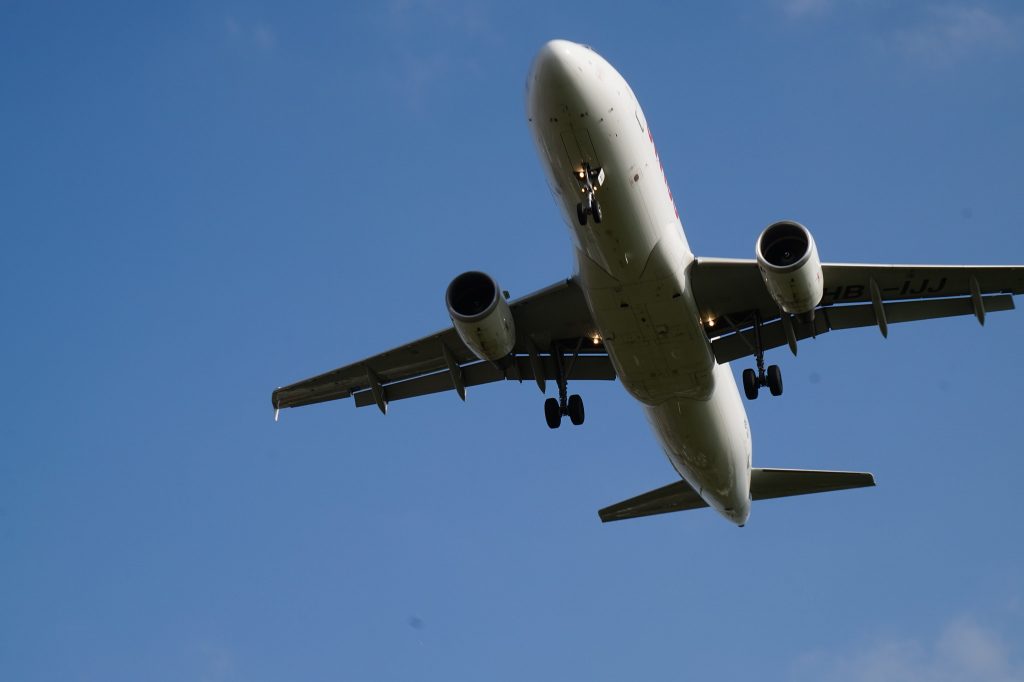Do Robots Have a Real Future in the Hospitality Industry?
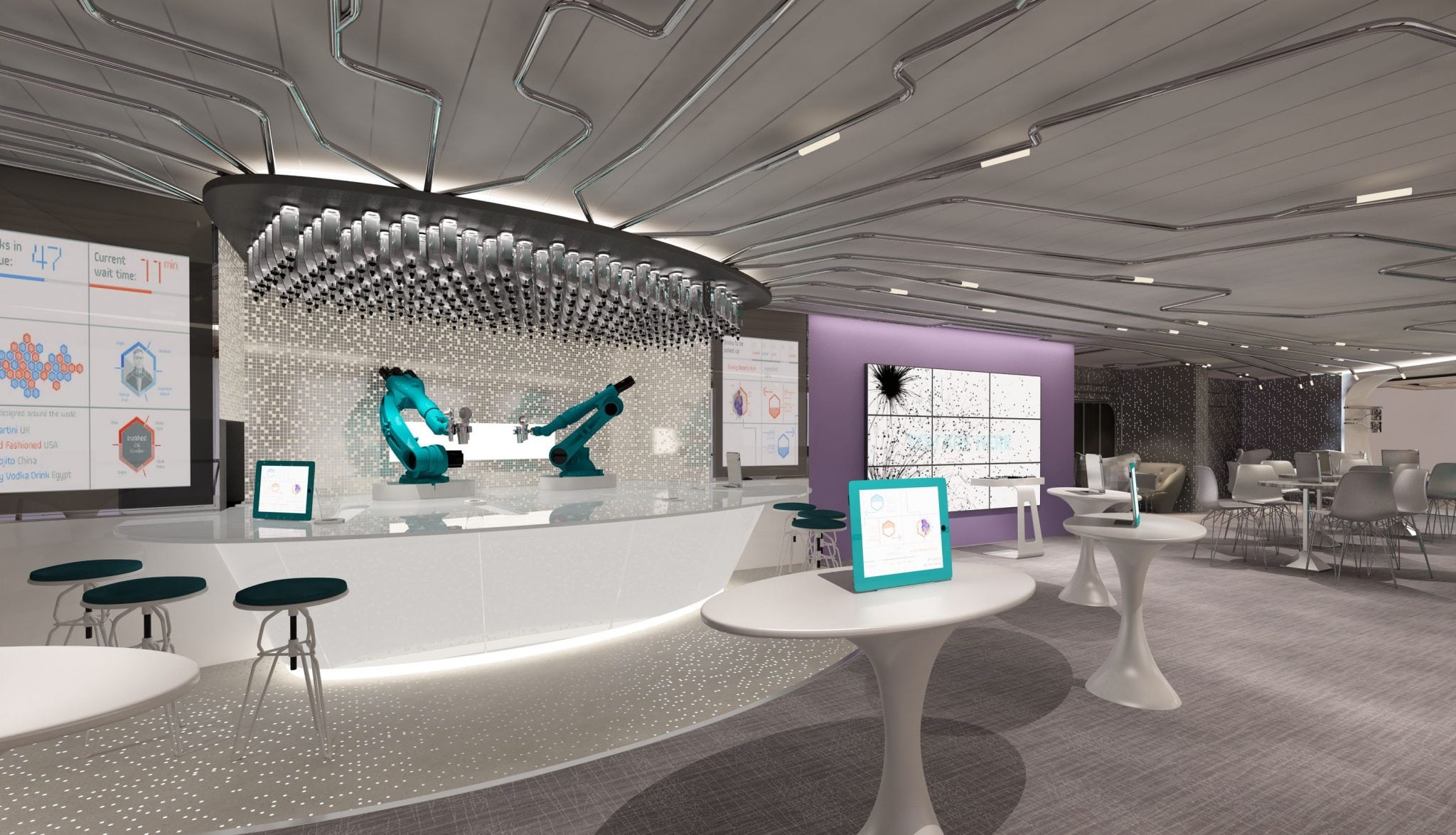
Skift Take
- The Bionic Bar on Royal Caribbean's Quantum of the Seas will feature a robot bartender.
- A guest interacts with Aloft Hotels' new "Botlr."
An image of a robot delivering bath towels to hotel guests or one mixing margaritas on cruise ships would only recently just be the stuff of science fiction films or old Jetsons cartoons. Today, it's closer to reality.
Starwood's Aloft Hotels announced earlier this month the introduction of a robot "Boltr" to aid check-ins and deliver items to guest rooms. Royal Caribbean followed suit with the announcement of robot bartenders on its newest ship Quantum of the Seas.
Although easy to brush off the new technology as a hyped PR play, the announcements do bring up questions about the feasibility of robot intelligence in the service industry and its implications for guests and hotel staff.
"There is no question that this is an exciting time in our industry. We applaud Starwood’s program, which follows a long tradition of innovation in our industry," an American Hotel & Lodging Industry spokesperson says.
"This is just another example of how hoteliers explore and experiment with new ways to meet our guests’ needs."
Unions representing hotel staff, however, seemed less enthused. The New York Hotel Trades Council had no comment about the introduction of the new technology at hotels, but UK workers’ union Unite has called Aloft’s Boltr a “nifty little gimmick.”
Learning About Bots
Silicon Valley-based Savioke created Aloft's Boltr and CEO Steve Cousins explains that the basic underlying technology employed by the robots is simple navigation that moves the new-age employees from point A to B.
“Hotels don’t need to have somebody walking back and forth,” he argues while explaining the benefits for human employees.
“Staff gets to be challenged and do the work that only they can do," Cousins says. "That’s positive in terms of overall employee satisfaction.”
However, that doesn’t mean the robots make sense in all hotels. Such technology would likely have little use at luxury properties where personalized service is a key element of the product.
Cousins provides the Holiday Inn Express as an example of a brand where guests might be just as satisfied communicating with a robot as a human. They are looking to get in, sleep and get out.
“If this is something that people want then each chain will have to decide whether or not it makes sense,” says Cousins.
Savioke decided to introduce its robots to the service industry via hotels for the opportunity to showcase the product to as many people as possible. The company may introduce models for restaurants and office buildings in the future.
Other companies, however, are already introducing robots in those sectors.
For example, startup Anybots tries to replace receptionists with robots and live-cams monitored by staff members. Carnegie Mellon has welcomed guests with a Roboceptionist that helps them find their way around campus.



